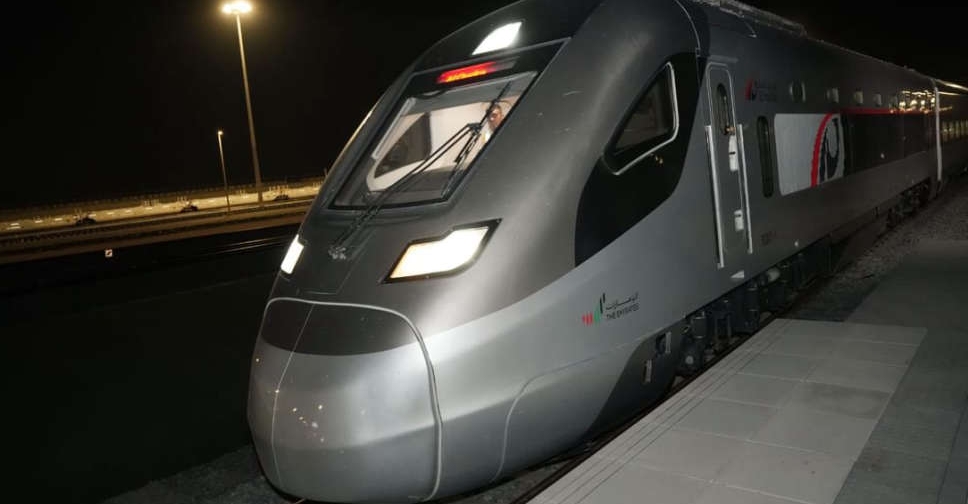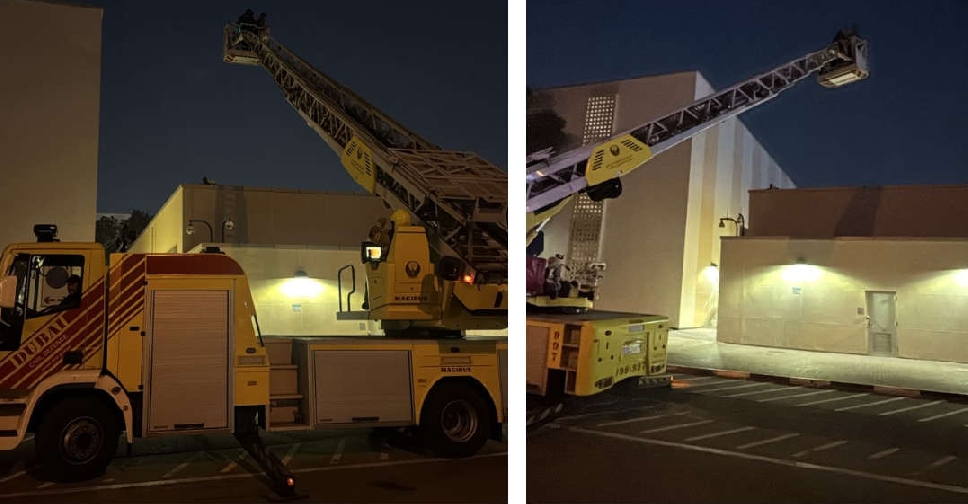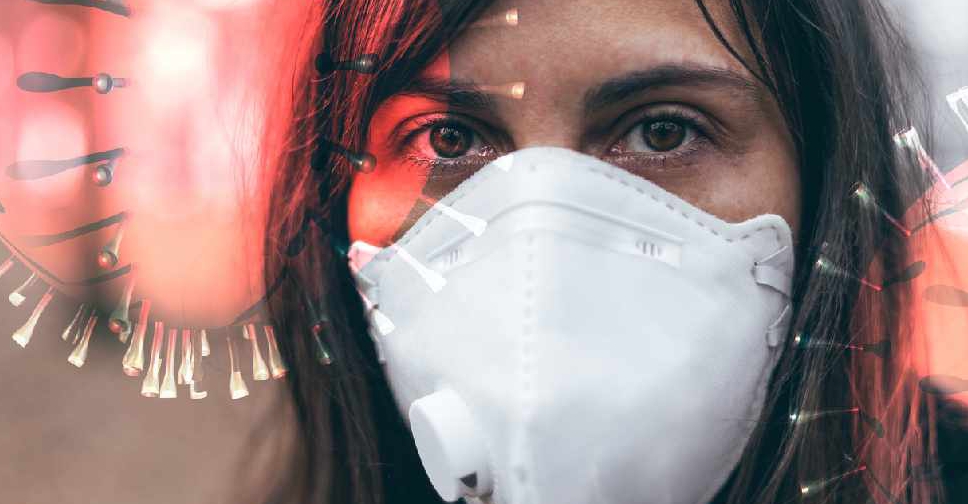
Israel told its citizens on Friday they must again wear masks indoors, 10 days after being allowed to ditch them, amid a sustained surge in coronavirus infections attributed to the highly contagious Delta variant.
The mask requirement had been one of only a few social curbs remaining as Israel's rapid vaccination drive kept cases down.
But infections more than quadrupled this week to 138 after outbreaks attributed to the Delta variant at two schools, prompting officials to tighten some restrictions again and urge parents to have children between 12 and 15 vaccinated.
The health ministry reimposed the mask requirement for all indoor settings except the home, and said it was also recommending masks be worn at large outdoor gatherings.
Some 55 per cent of Israel's 9.3 million population have received both doses of the Pfizer-BioNTech vaccine. Eligibility was extended to 12- to 15-year-olds last month, but take-up in that age group has been low.
In April, Israel's pandemic response coordinator, Nachman Ash, said Israel could achieve "herd immunity" when 75 per cent of its population were either vaccinated or naturally immune after having contracted COVID-19.
But on Thursday, allowing for the higher contagiousness of the Delta variant, he put that figure at "at least 80 per cent".
Currently around 65 per cent of Israel's population have been vaccinated or have recovered from COVID-19, the health ministry says.




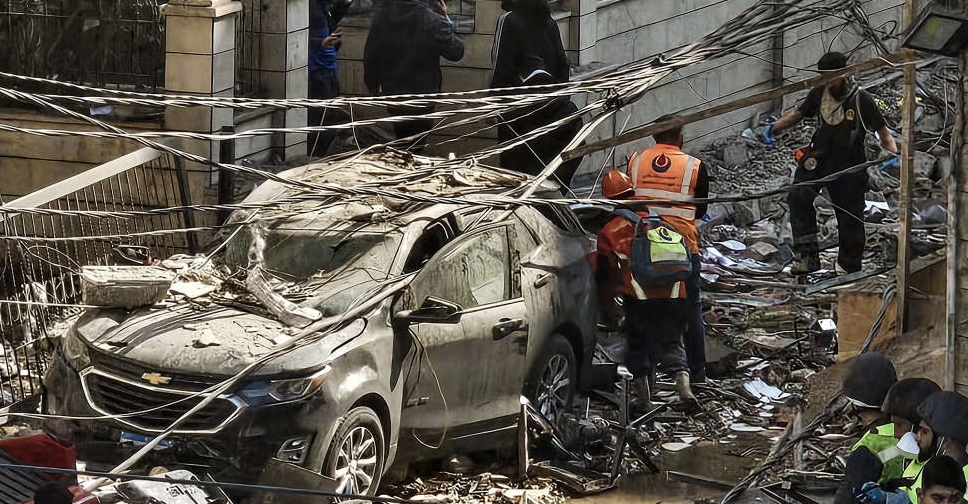 At least four killed in Israeli strike on building in Lebanon's Baalbek
At least four killed in Israeli strike on building in Lebanon's Baalbek
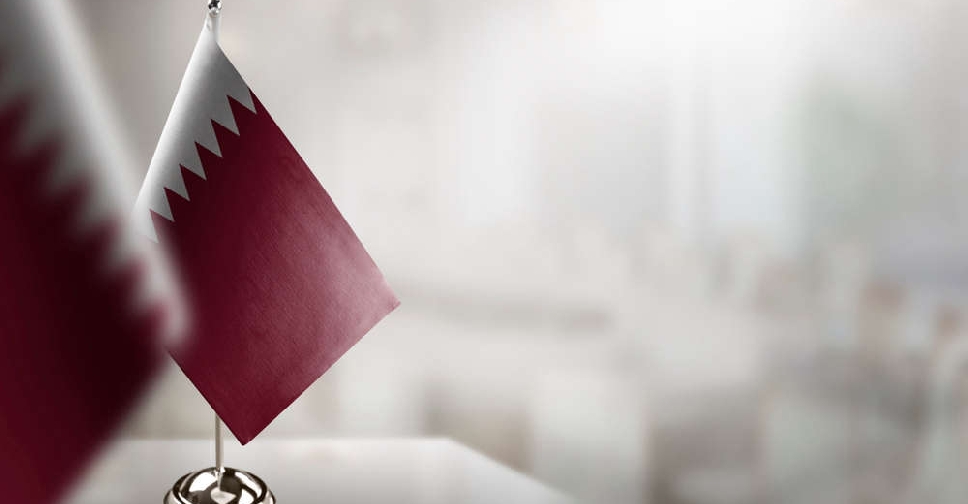 Qatar busts two cells linked to Iran’s Revolutionary Guard
Qatar busts two cells linked to Iran’s Revolutionary Guard
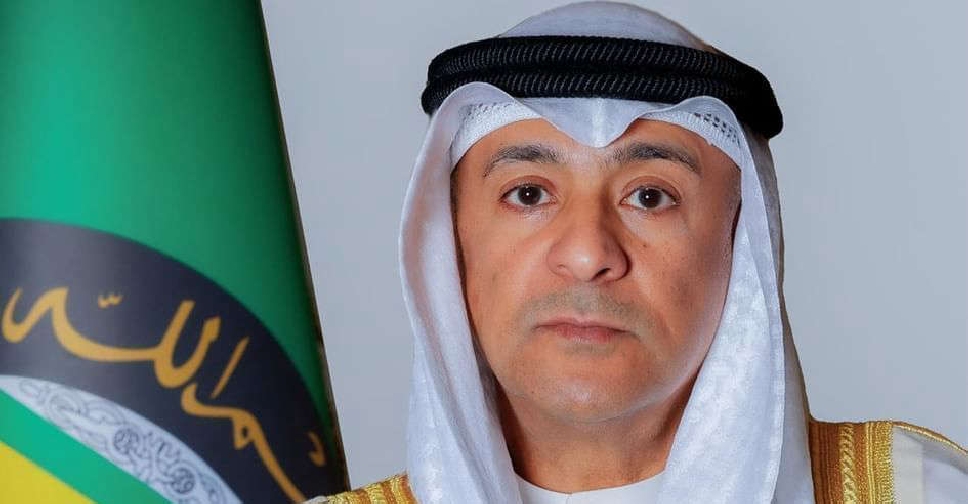 GCC condemns Iranian attack on Port of Fujairah
GCC condemns Iranian attack on Port of Fujairah
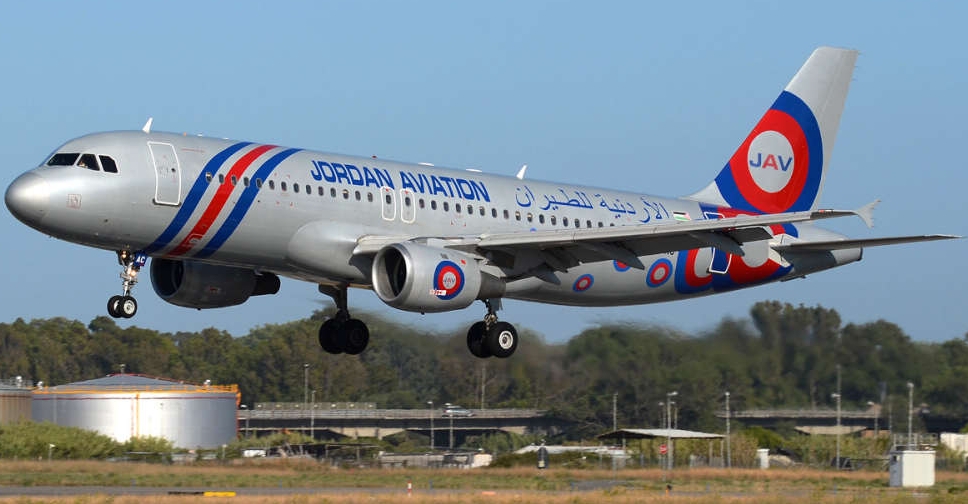 Jordanian airspace reopens after 'comprehensive review'
Jordanian airspace reopens after 'comprehensive review'
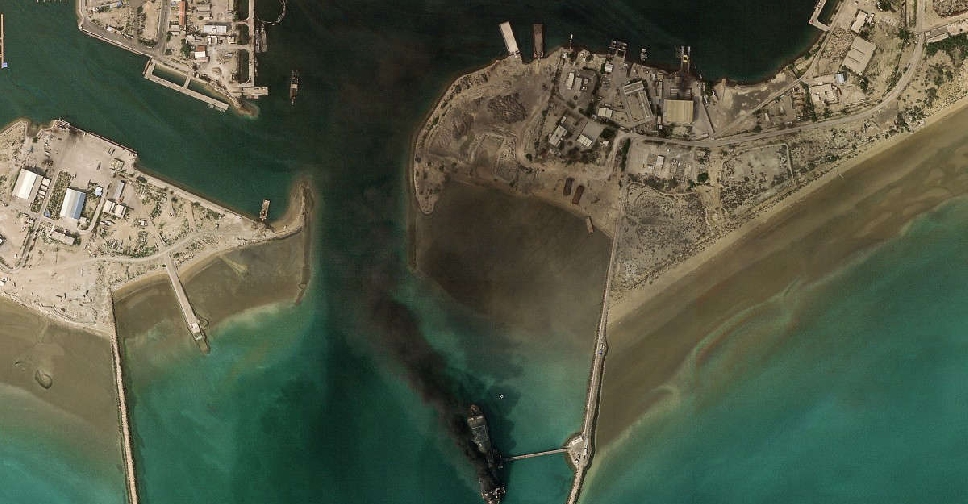 Iran vows to attack any ship trying to pass through Strait of Hormuz
Iran vows to attack any ship trying to pass through Strait of Hormuz

